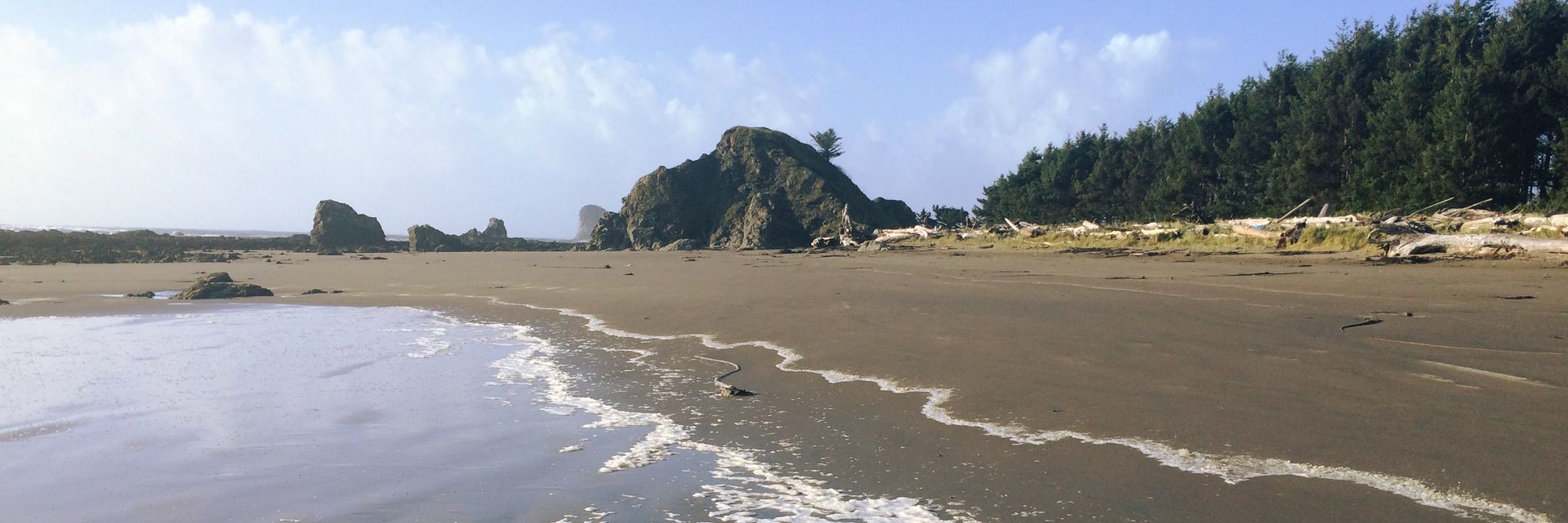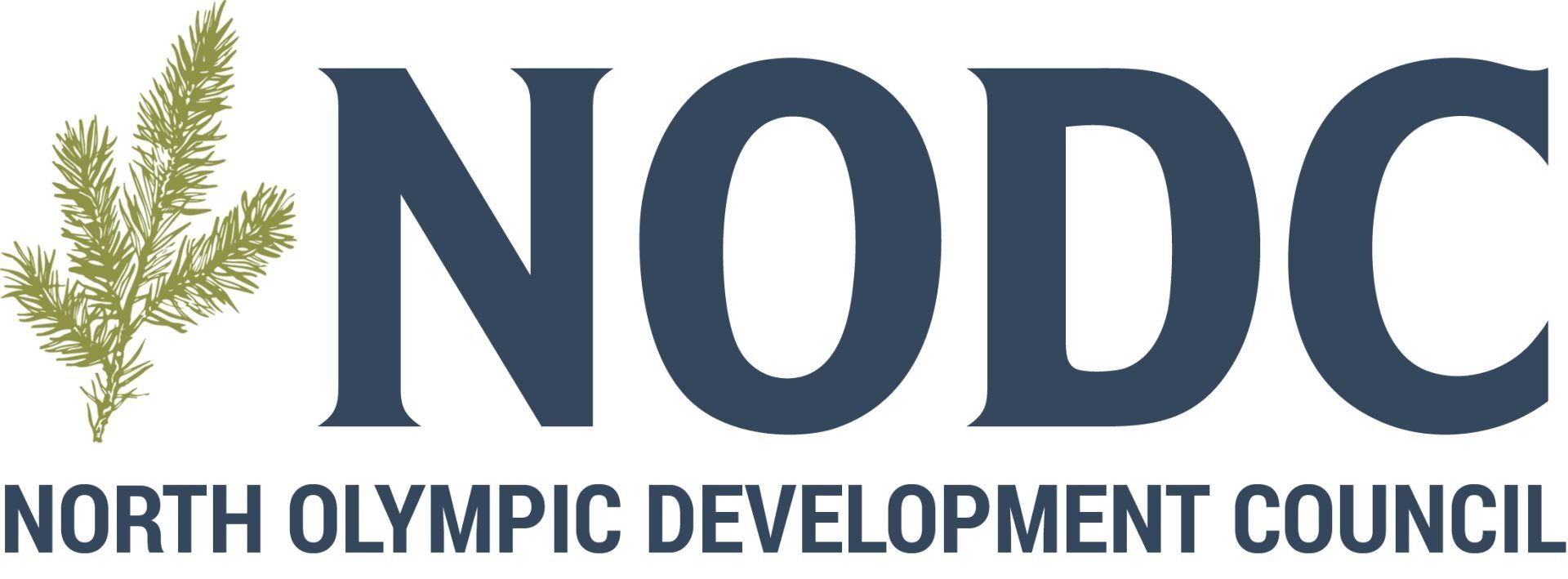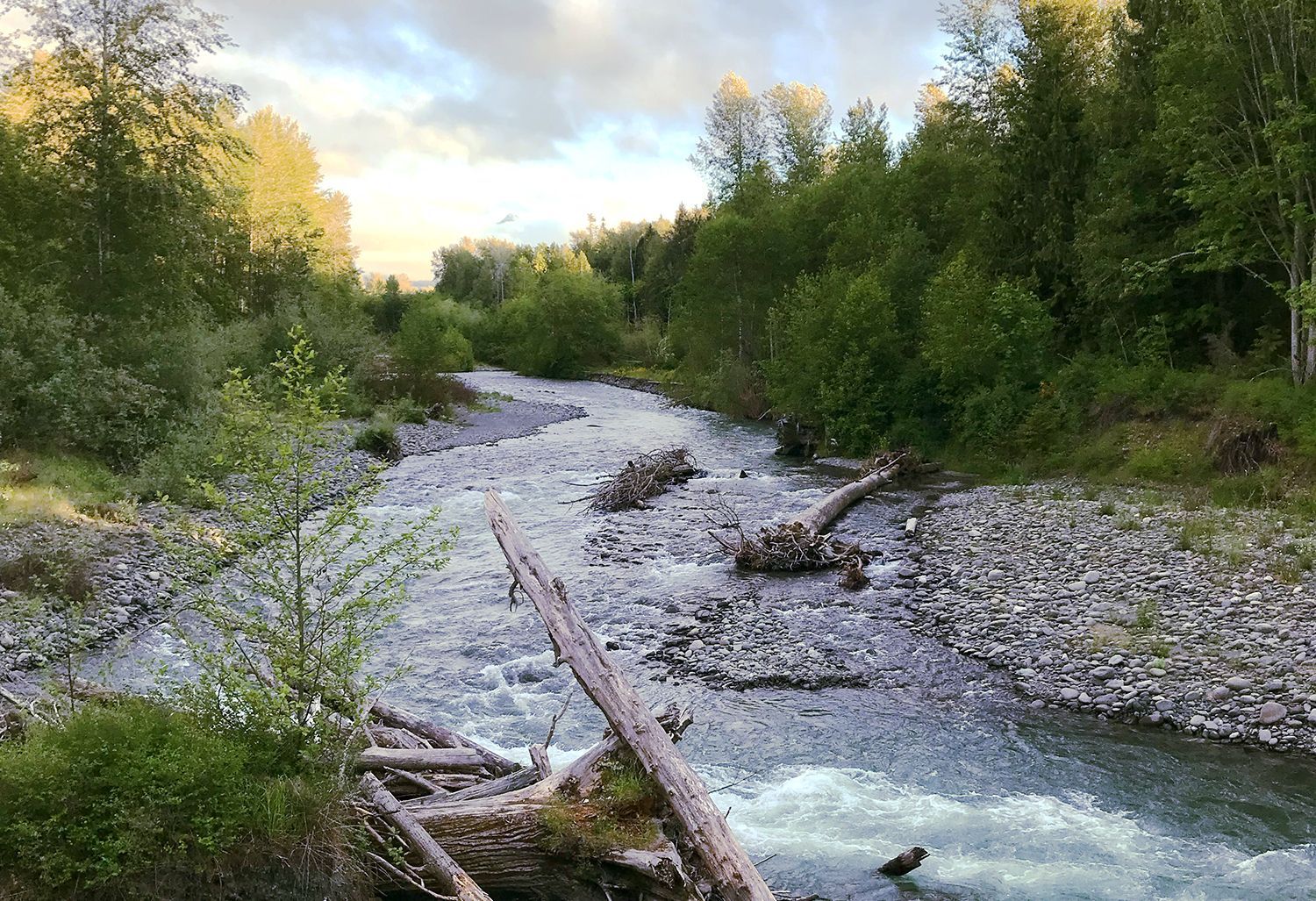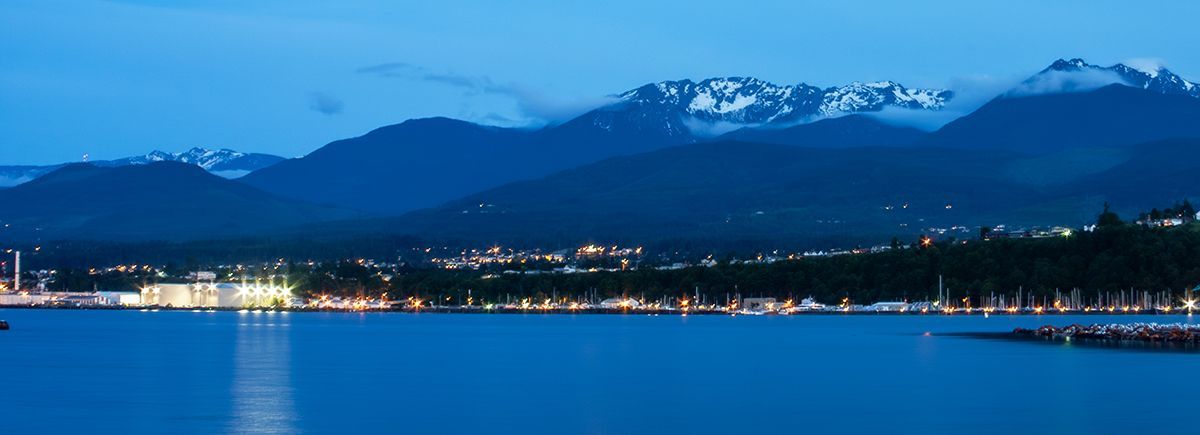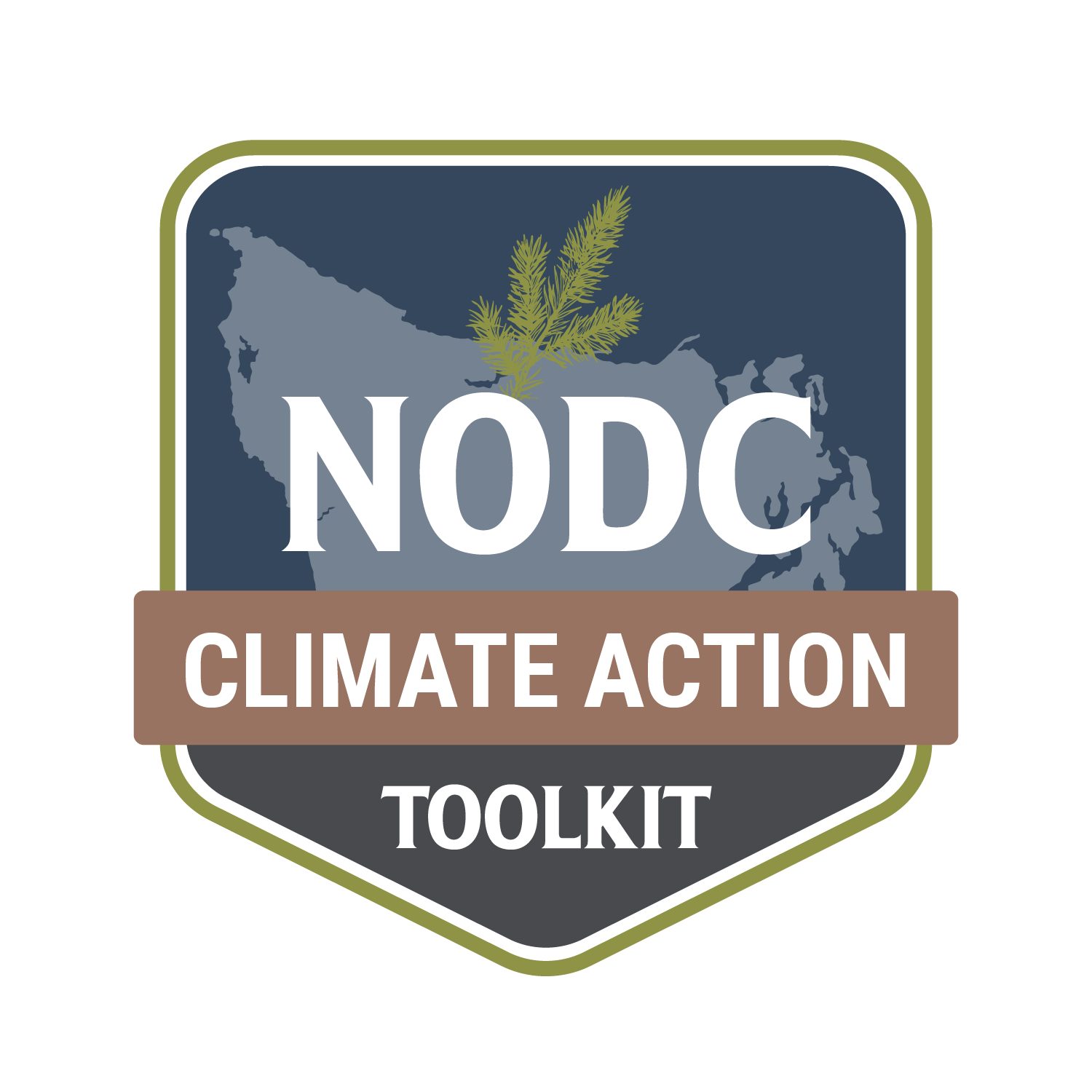NASA Solutions Network
The NODC received a $1.6 million grant in 2006 to evolve a Solutions Network of local, regional and national organizations to provide watershed management teams with decision support through NASA-funded earth-sun research results. The NODC built a team of eight other major partners for this project, including the NASA-funded Pacific NorthWest Regional Collaboratory (PNWRC); USDA Natural Resources Conservation Service (including the National Water and Climate Center); Pacific Northwest National Laboratory (PNNL) in Sequim and Richland, WA; Idaho National Laboratory (INL); Olympic National Park (ONP); Clallam County; the National Association of RC&D Councils (NARC&DC) in Washington, DC; and Peninsula College (PC).
During the second and third year of the project, the North Olympic Peninsula Solutions Network (NOPSN) team surveyed RC&D Councils around the United States to assess their priority natural resource issues related to NASA focus areas. Based on the results of the surveys and follow-up interviews conducted with several Councils, four RC&Ds were selected for on-going participation in the project. The NOPSN team conducted workshops with each of the four RC&Ds throughout the summer. During the workshops, NOPSN team members assisted Council members and other stakeholders in identifying viable resource management projects that could be enhanced through a Solutions Network approach and the utilization of NASA tools. Two of the four teams have gone on to submit project proposals to various funding agencies:
-
The Solomon Valley RC&D created a proposal to explore the utilization of remote sensing tools to determine the amount and condition of no-till cropland in their service area. The Solutions Network team worked with Solomon Valley to provide an initial guidance document for identifying no-till areas using NASA tools that helped them further their development of a project proposal submitted for funding.
-
The NCW RC&D formed a project team that included cross-border collaboration with Canadian Okanogan Basin Water Board. The group developed a pilot project that combined existing watershed-level solutions, local government tools, and NASA technology to improve water resource forecasting within the Okanogan region. NOPSN provided the team with a guidance document that detailed available remote-sensing technologies and methodologies that helped them further their development of a project proposal submitted for funding.
The project was extended through Spring of 2011. The primary focus addressed the user needs that were identified in the Elwha watershed feasibility study. One of the major needs identified in the Elwha watershed was the need for accurate sediment mapping of the 18 million yards of sediment that was released in the Elwha dam removals.
Over the next few months, a project team, lead by Dr. Dwight Barry at Peninsula College, determined the relationships between field-based measures of sedimentation and sediment-transport-based change with remote sensing data gathered from NASA’s ASTER and LANDSAT data.
Comparing this baseline data to remote-sensing tools provided a means to improve any future modeling of sediment transport after dam removal actions.
Other Articles:
